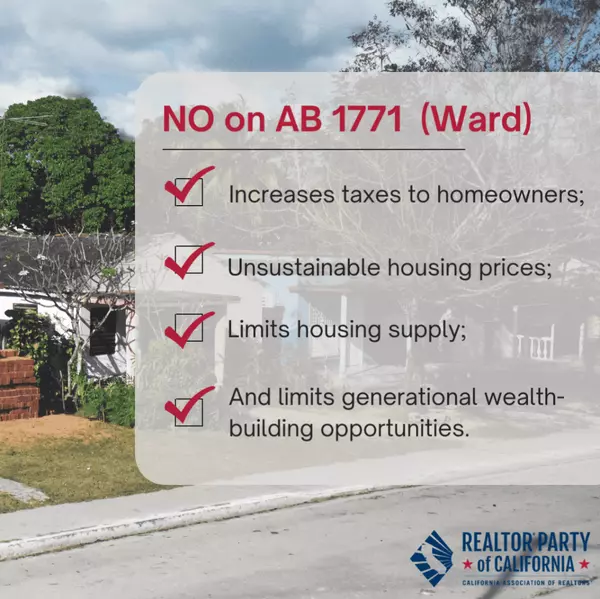Trends 2023: Homeownership creates a rising tide of personal wealth
Financial impact

The typical net worth of homeowners is about 40 times greater than that of renters, with home equity often the largest component, according to data in the Federal Reserve’s Survey of Consumer Finances. But the financial benefits go deeper than the numbers alone suggest. Moving into the ranks of homeowners requires planning, saving and prudent management of personal finances that often pays dividends into multiple aspects of personal finance, not just homeownership.
These attributes allow owners to accumulate assets and better withstand adverse financial shocks such as a bout of unemployment or large unbudgeted expenses. Moreover, as a homeowner with predictable, and perhaps lower housing costs compared with renting, more income becomes available for saving and investing, helping to boost overall wealth apart from home equity.
A study published in 2018 in the Journal of Economic Perspectives, “Homeownership and the American Dream,” shows that owning a home represents a financial investment that outperforms other popular investm
ent channels. By analyzing financial data between 2002 and 2016, the researchers found homeowners generally
come out ahead taking into account price appreciation and the tax benefits of owning compared with the alternative of renting and investing in the stock market. They used national level data and also data from a number of metro areas with the caveat that the price appreciation of homes varied widely across metro areas over the period studied.
For example, based on their analysis, the annual rate of return homeowners realized on their investment in their home outperformed the other investment channels compared for all years from 2004 to 2016 besides one.
Even if owning a home tends to lead to a better financial outcome than renting, there are still financial risks inherent in homeownership.
The benefits of homeownership for low-income and minority households also have been documented. In a 2013 study presented at Harvard University’s Homeownership Symposium, "Is Homeownership Still an Effective Means of Building Wealth for Low-income and Minority Households? (Was it Ever?)," researchers showed there were, on average, positive and often substantial financial gains for this group of homeowners compared with other households over the period of study, 1999 to 2009, which included the onset of the Gre
at Recession and the housing crisis.
For example, those who owned homes beginning in 1999 and sustained ownership through 2009, saw household wealth growth grow over 850 percent from 2001 to 2009. The cohort that started homeownership in 1999 but did not sustain ownership (they became renters after owning) saw their wealth decline approximately 9 percent over that same period. Many other factors, of course, contribute to wealth, but this provides a broad, directional impact of homeownership on wealth.
Categories
Recent Posts









GET MORE INFORMATION

